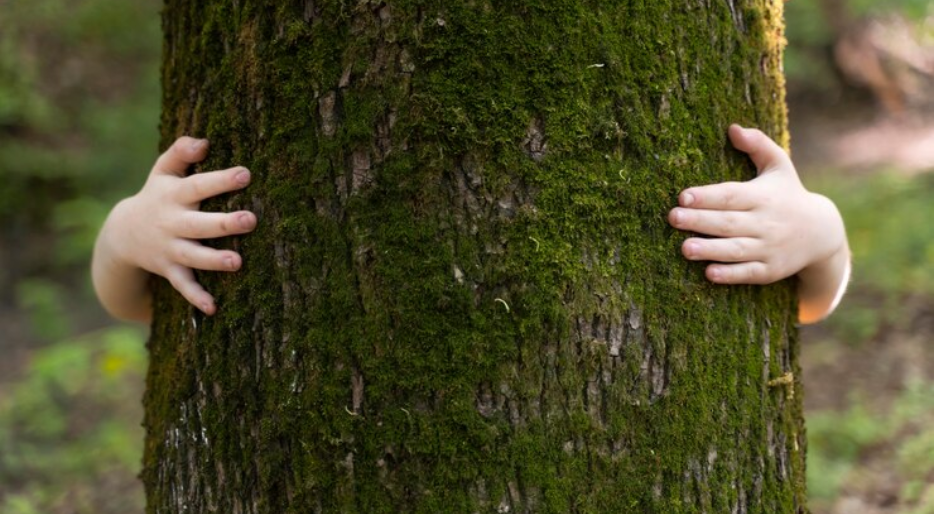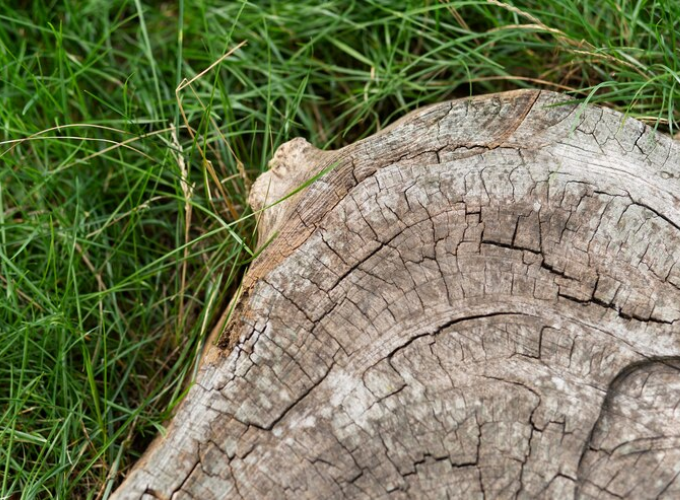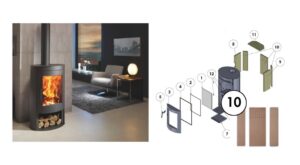
Although we enjoy the warmth of the fireplace, the odors can be unpleasant. With simple tricks like vinegar, salt, or baking soda, you can keep your home fresh and cozy.

Welcome to our blog, where today we celebrate World Environmental Education Day by exploring the environmental impact of wood-burning stoves, comparing current versions with old ones. In our quest for a more sustainable home, it’s crucial to understand how our heating choices can contribute to the well-being of the planet.
Environmental education guides us towards environmentally friendly practices. In the area of heating, the transition from old to modern wood-burning stoves reflects this commitment to sustainability. How do they make a difference?
In the past, wood-burning stoves were essential for heating our homes. However, its efficiency and emissions were questionable. They burned more wood to produce less heat and released harmful particles into the air. Current environmental education shows us that this method is not sustainable.
Today, technology has transformed wood-burning stoves. With improved combustion systems, such as double and triple combustion, these stoves burn wood more efficiently, generating more heat with fewer emissions. Today’s wood-burning stoves are not only more effective, but also more environmentally friendly.
Double and triple combustion systems are advanced designs that optimize the process of burning wood in stoves. In a traditional stove, the wood burns in a single stage, releasing a significant amount of smoke and particles into the environment. In contrast, in stoves with double and triple combustion systems, additional air is introduced at specific stages of the combustion process, allowing for a more complete and efficient burning of the fuel. Other benefits of these systems are reflected in the reduced accumulation of soot inside the stove and in the flue, which decreases the need for frequent cleaning and extends the life of the equipment.
One of the key lessons of environmental education is the importance of using renewable energy sources. Wood-burning stoves take advantage of wood, a renewable source that can be harvested sustainably. Unlike fossil fuels, such as gas and electricity, which are generated from fossil fuels, wood regenerates, contributing to the preservation of our natural resources.

Environmental education urges us to reduce our carbon footprint. Modern wood-burning stoves serve this purpose by burning wood more efficiently, minimizing greenhouse gas emissions. Burning wood for heating has a smaller carbon footprint compared to gas and electricity. Wood is considered carbon neutral, as the carbon released during combustion is equivalent to that absorbed during the growth of the tree. Instead, the production and supply of gas and electricity often involve carbon-intensive processes.
By opting for a wood-burning stove, you actively contribute to the fight against climate change.
On World Environmental Education Day, we reflect on how our daily choices can impact the planet. Modern wood-burning stoves represent a step towards sustainability, aligning with the principles of environmental education. By choosing an efficient wood-burning stove, you’re taking a significant step towards a greener and more environmentally friendly home.
At Panadero, we are committed to a future where heating with wood-burning stoves is synonymous with sustainability and environmental respect. We believe in the importance of educating and guiding our clients towards choices that benefit both their homes and the planet. Happy World Environmental Education Day!
Have you found this article useful? Take a look at our blog and find solutions and recommendations to help you with your fireplace or wood stove.
If you still haven’t got your fireplace or wood stove for this winter… what are you waiting for? Visit our online store of Panadero wood stoves.
Articles of interest:
If you liked the article, help us spread the word 😊 . Click on the buttons below and feel free to share it on your social networks!
Thank you!
↓ ↓ ↓ ↓

Although we enjoy the warmth of the fireplace, the odors can be unpleasant. With simple tricks like vinegar, salt, or baking soda, you can keep your home fresh and cozy.

How to avoid dust in the house when using a wood stove: tips and tricks for a clean and healthy home

Learn how to remove mould from your wood for use by following the steps in this article.

All you need to know: what it is, uses and benefits of wood stoves
To provide the best experiences, we use technologies such as cookies to store and/or access device information. Consenting to these technologies will allow us to process data such as browsing behavior or unique identifiers on this site. Not consenting or withdrawing consent may adversely affect certain features and functions.

From December 19 to January 6, order a wood stove and receive the Helix log holder for free.